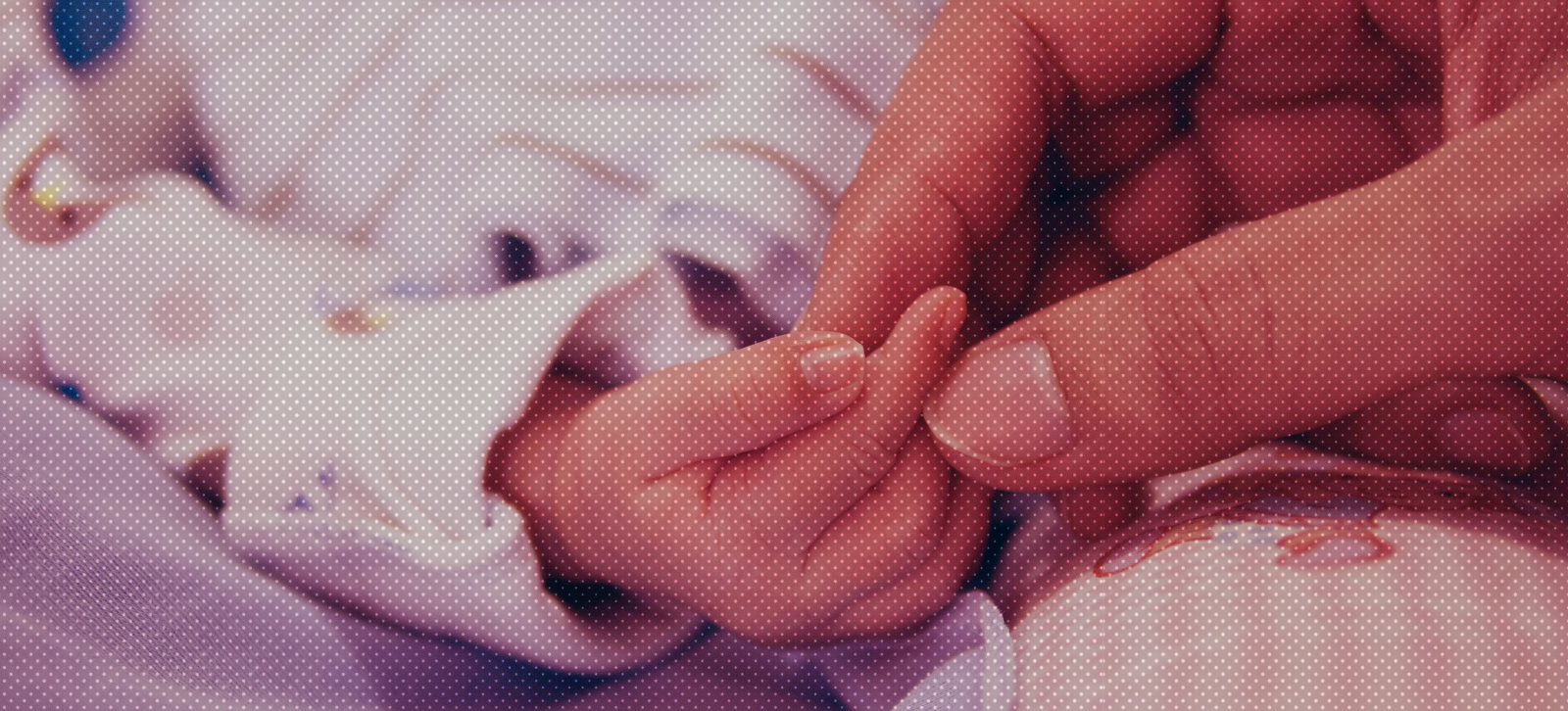Using substances during pregnancy is a topic that many people don’t talk about. This leads to a lack of understanding about the subject and makes it hard for moms to get information and resources. We’re here to help you break down these barriers and get you the facts you need to best support yourself and your baby during pregnancy and motherhood.
We understand that pregnancy and parenting can be very stressful, and it’s important to remember that perfection isn’t the goal. Having accurate information and resources can make a big difference. Let us help you understand the impacts of perinatal substance use and find valuable resources to help you care for both yourself and your baby.
Effects of Substances on Baby’s Development

Cannabis: While there is less research on the effects of cannabis use during pregnancy than other substances due to cannabis still being illegal federally, preliminary studies show that cannabis use during pregnancy is linked to premature birth and low birth weights.
Cigarettes: There is often a misconception that cigarettes are safe to use during pregnancy because they’re legal, but nicotine and other chemicals in cigarettes can cause low birth weight, premature birth, and an increased risk of sudden infant death syndrome (SIDS).
Other Drugs: From substances like cocaine and heroin to prescription medications, drugs of various kinds can adversely affect fetal development. These substances may interfere with organ formation, brain development, and predispose the child to addiction or developmental delays.
Finding Resources
While substances in any amount can be dangerous during pregnancy, they can have the greatest impact on a baby during the first trimester of pregnancy (weeks 1-12). Oftentimes, it can be hard to detect a pregnancy during this stage, so many women use without the knowledge that they’re pregnant. That’s okay! There are resources to help navigate this journey without judgment.
Resources
- San Mateo Medical Center: They have prenatal care, pediatric services, and more. Get more details.
- Mills-Peninsula Women’s Center: Maternity and childbirth services with lots of support for new moms. Learn about them.
- SAMHSA: Treatment referral, support groups, and a 24hr crisis support line for mental health and substance use support.
